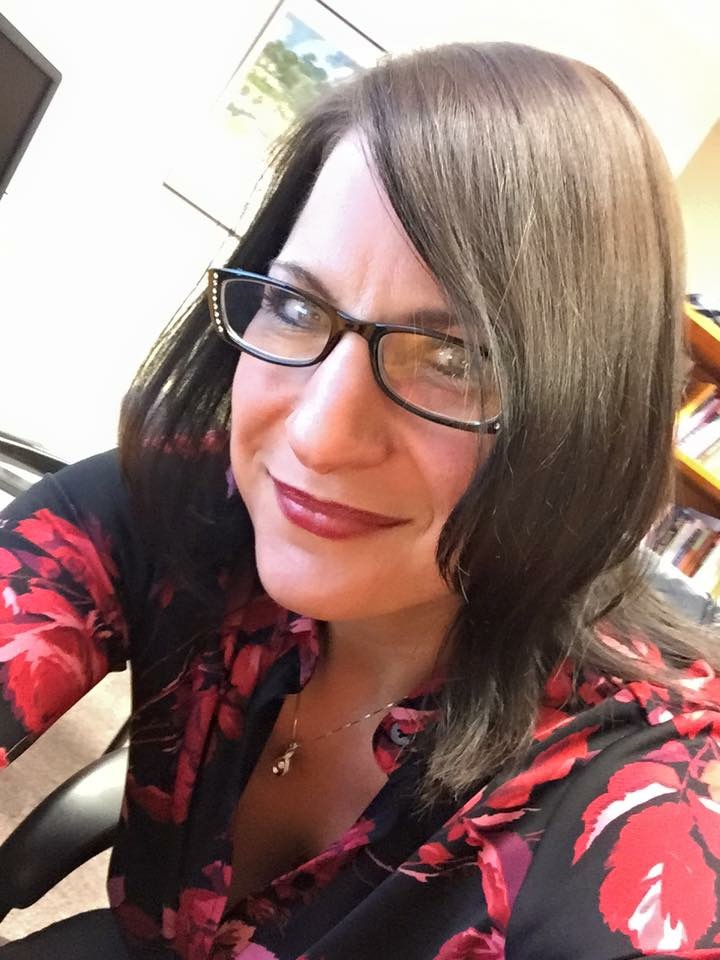Kat Vancil-Coleman and I just finished one of our regular Equal Deathcare coordinating meetings. One thing we discussed was our blogging/article writing schedule for the site. It occurred to me that to build trust with our readership and visitors to the site, we should introduce ourselves. This week, I will introduce myself, how I came to be involved in this work, and why the mission of equitable deathcare is so important to me.
I am a Midwesterner, a mom (humans and fur babies), a wife, a daughter, and a friend. I have many identities and do not put myself in any one box. I don’t believe that people fit into boxes. We are not boxes to be checked, but vibrant individuals with colorful stories. I am also a professor of social work at the University of Cincinnati, a suicidologist (a researcher who studies suicide and ways to prevent it), a mental health care expert, and now (also) a researcher and advocate for equitable deathcare. I feel like that’s a laundry list of my work, so I’ll dive into how I came to this particular area of specialty.
As a suicidologist, I had gotten calls from funeral homes, chaplains, celebrants, preachers, pastors, parents, and families about how to have a funeral for a person who’d died by suicide. At the same time, I’d attended a conference where colleagues and I had discussed our lack of death care education. I decided I needed to know more about how death care worked if I was going to address death care competently.
I began a journey of studying the funeral industry in the U.S. as well as other ways death care happened in this country (death doulas, hospice, alternative body dispositions- more on this in a future post, funeral and cemetery law, and grief/bereavement). While reading and watching everything I could find, I noticed the voices of LGBTQIA+ folks were largely absent. As a member of the Pride community, I was not okay with this. I needed to figure it out, so I started a new branch of the journey.
I obtained a research grant from my university to study barriers and solutions to equitable death care in the U.S. I conducted a study of funeral home websites to identify whether they offered information on services that aligned with LGBTQIA+ identities (spoiler, they do not). I then studied federal and state policies to see if any public protections existed for LGBTQIA+ death care. They do not (we do not have a federal equality policy, and unfortunately people still discriminate even so). Lastly, I conducted interviews of death care providers and consumers all over the country to get some answers. I will share the results of my research in a future post, but for now, let’s just say that this country has a LONG way to go in providing equitable death care. I also planned to use some of my research funds to start a website to fill in the gap. If you’re reading this, you’ve found us, and I’m so glad you’re here.
A little over a year ago, I was at the International Death, Grief, and Bereavement Conference in Wisconsin, and as I entered the elevator to go to the second floor where the conference was being held, I met a lovely woman who is a professor at the Cincinnati College for Mortuary Science. We discussed our work, and she said “I have someone you MUST meet!” Enter Kat Vancil-Coleman, funeral professional and co-founder of Equal Deathcare. Kat and I met over Zoom and I discovered that she’d been working on a trans deathcare initiative in the state of Ohio. We have met consistently since then and have built this program from the ground up together.
Kat will introduce herself in another post, but I will add that there is no better person on the planet to collaborate with. As a funeral professional, she’s got the insider view on all things funerals, and as a member of the Pride community, she also understands the importance of this mission.
Speaking of mission, our goal here at Equal Deathcare is to provide everyone and anyone with the resources they need to have the kind of send-off that aligns with their identity. Toward that goal, we want to hear from YOU, whether you’re a death care provider or someone who is considering what your death care will look like. Please reach out to us, because we will get back with you.

